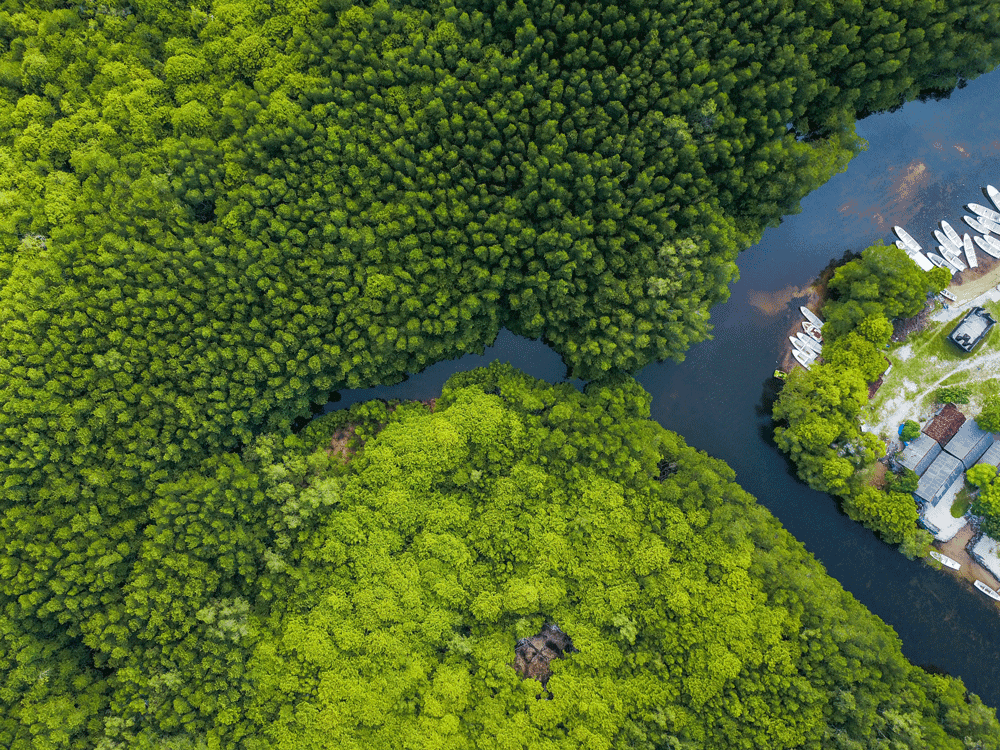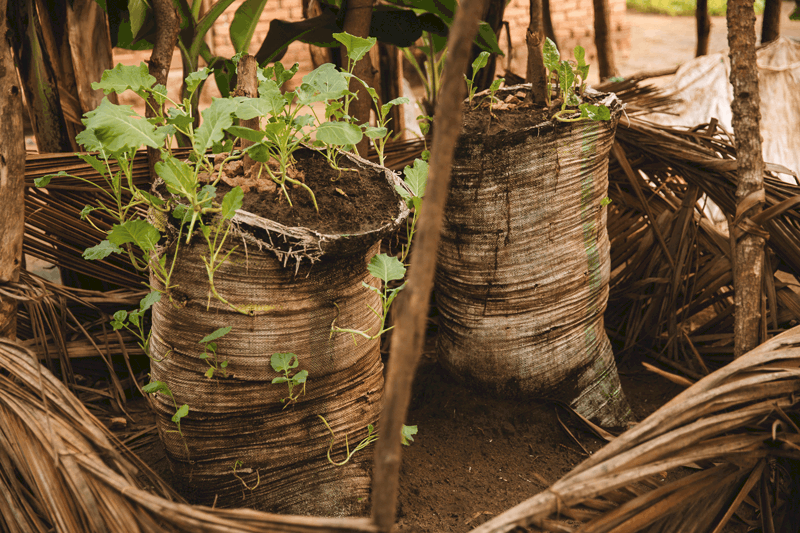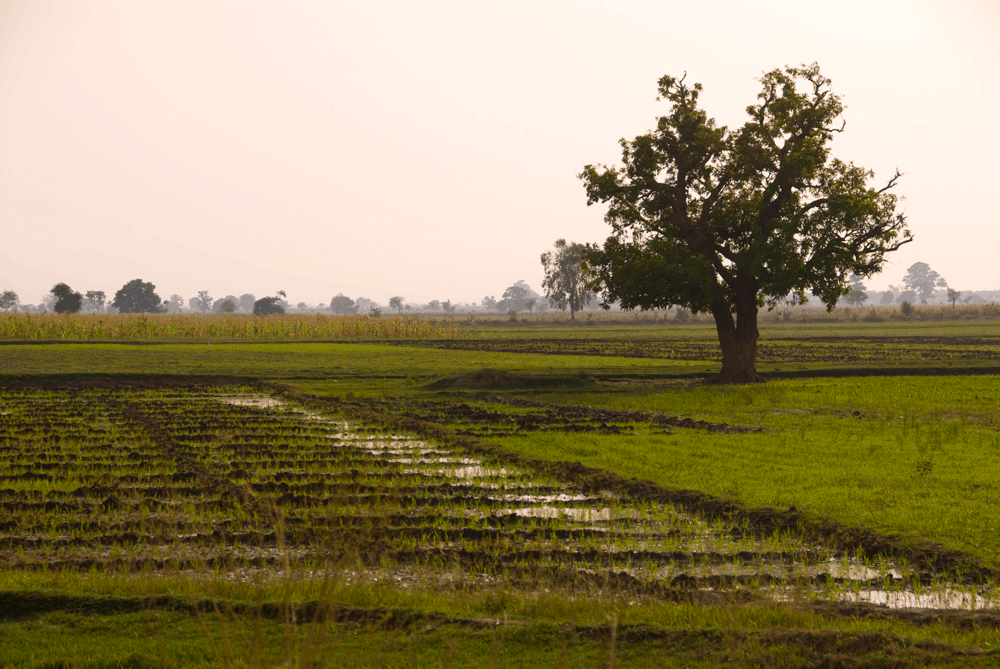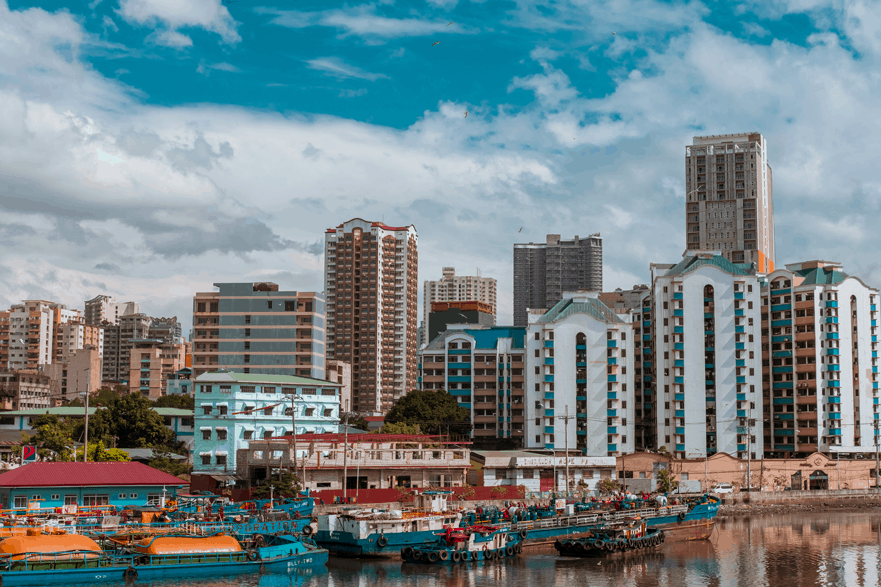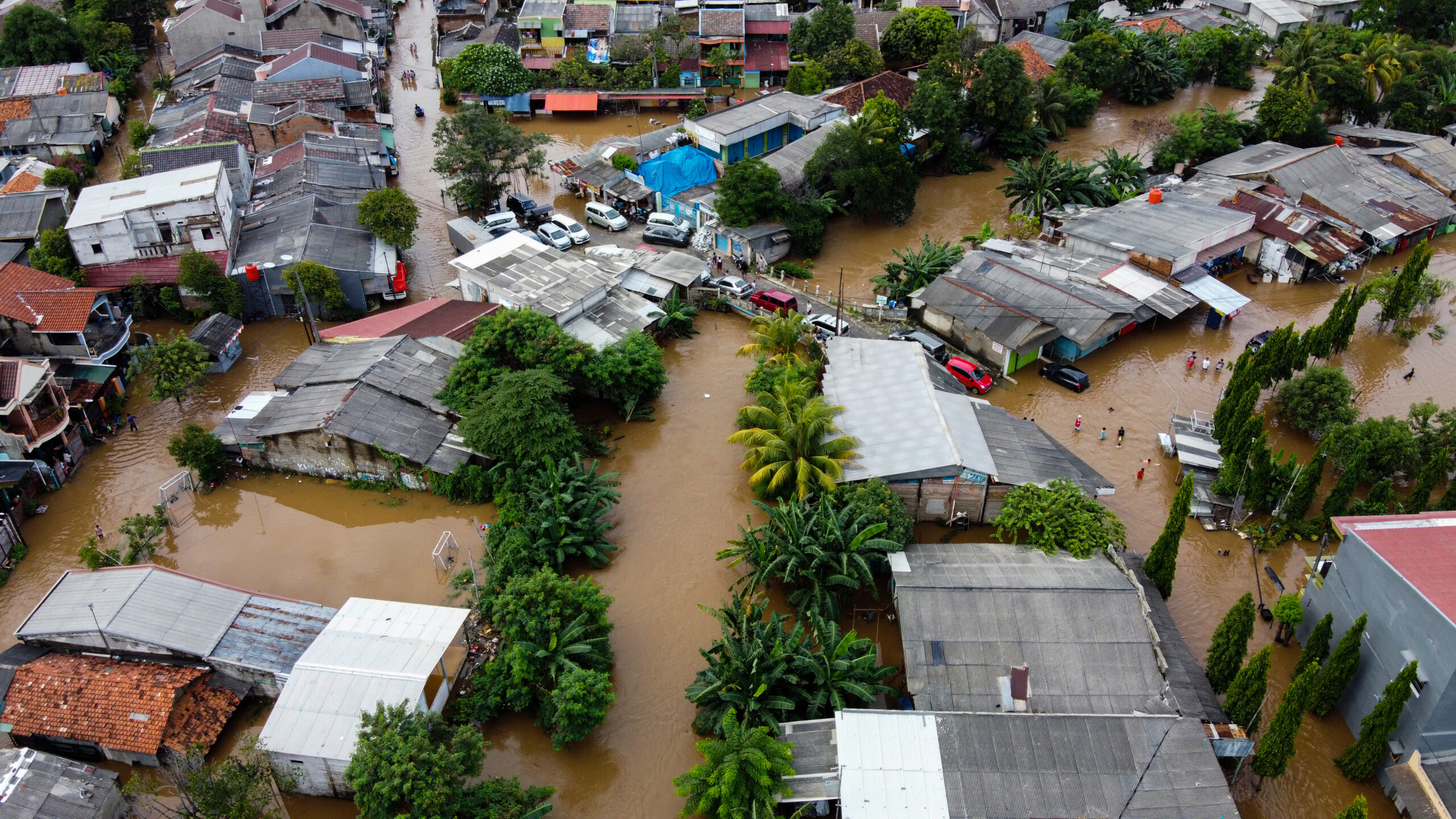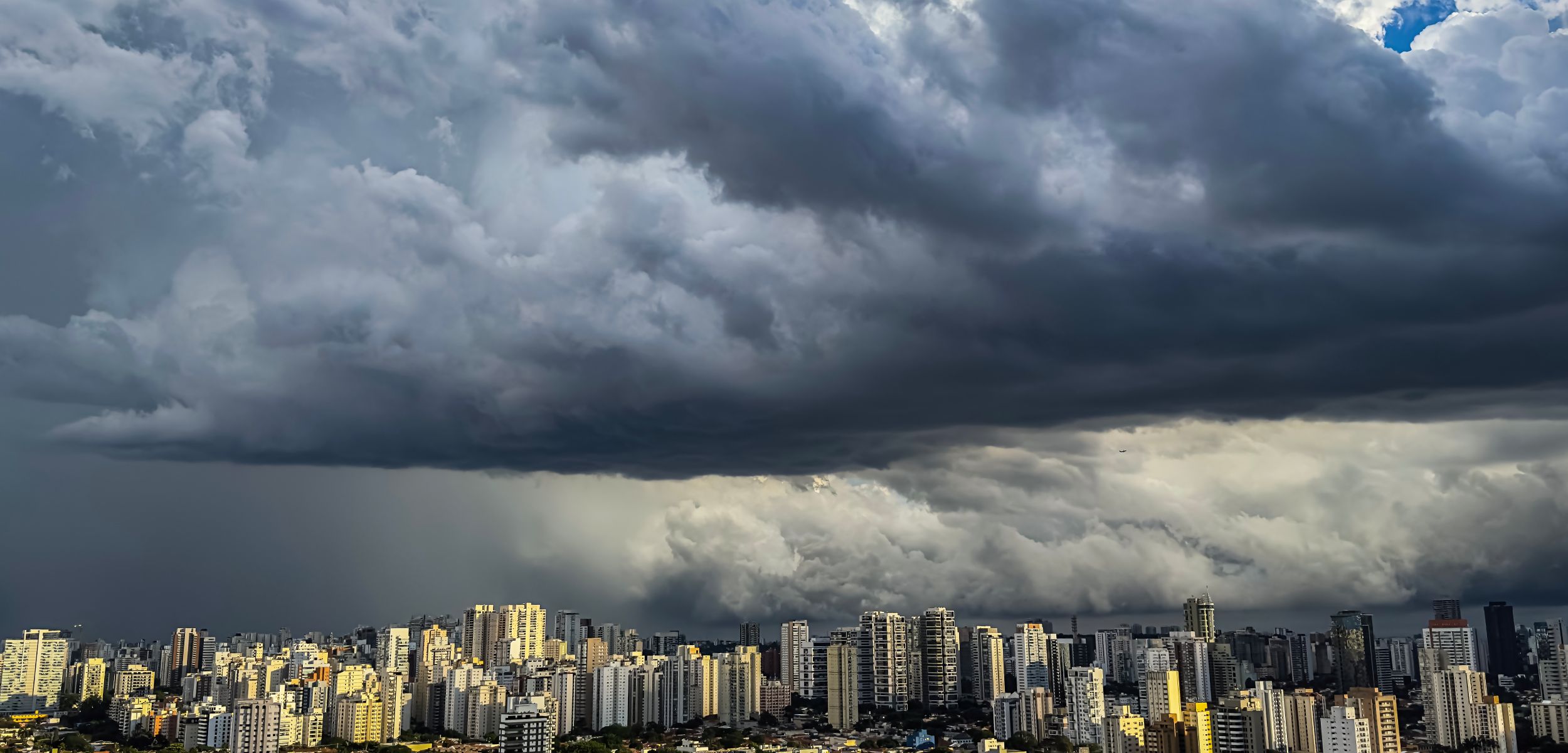By Amy Brown, Triple Pundit
Given the urgent need to tackle climate change, governments are seeking public resources to mobilize far more private investment. Enter the Global Innovation Lab for Climate Finance (The Lab), which is incubating the next generation of climate finance entrepreneurs.
The Lab says it has incubated 35 business models and finance instruments since 2015, mobilizing over $1.4 billion in sustainable investment. The finance incubator recently announced its latest group of winners, six ideas targeting four areas where accelerated, large-scale investment is urgent: sustainable cities, energy access, blue carbon in coastal and marine ecosystems, and sustainable agriculture.
“Our goal is to provide more catalytic capital,” Dr. Barbara Buchner, executive director of the climate finance program at Climate Policy Initiative and director of The Lab, told TriplePundit. “There is a lot of innovative thinking among entrepreneurs in developing countries, but it’s difficult to get early-stage solutions off the ground.”
From challenge to opportunity
The Lab members include more than 60 institutions in government, development finance, philanthropy and the private sector, including the governments of Germany, the Netherlands, United Kingdom, Brazil, India and Rwanda. Organizations also partnering with The Lab include Bloomberg NEF, BlackRock, KfW Bank, International Finance Corporation (IFC), The Overseas Private Investment Corporation (OPIC) and the World Bank Group.
Previous winners include The Currency Exchange Fund (TCX), an innovative currency hedging solution, which has hedged $240 million of climate-related finance in 11 emerging markets, as well as CRAFT, the first commercial investment vehicle to focus on expanding solutions for climate resilience.
“The common denominator for the Lab members is that we see these solutions as not only important for the future of the climate but also as an opportunity. As investors make more and more of a commitment to put resources toward climate change, the Lab serves as a pipeline to identify promising opportunities for their investments,” Buchner told 3p.
Championing innovation in 2019
For 2019, the winning ideas include:
Cooling as a Service, which aims to decrease energy consumption and potent greenhouse HFC gas emissions from cooling systems in cities around the world by increasing the competitiveness of state-of-the-art cooling technologies. The project is led by Basel Agency for Sustainable Energy and Kigali Cooling Efficiency Program (K-CEP).
Restoration Insurance Service Company (RISCO) for Coastal Risk Reduction, a Conservation International initiative that seeks to restore and conserve mangrove habitats in vulnerable coastal areas, in contract with coastal asset owners.
Blockchain Climate Risk Crop Insurance, an automated weather-indexed crop insurance infrastructure that helps smallholder farmers in sub-Saharan Africa increase resilience to climate change impact, via insurance that is transparent, affordable and pays out quickly.
The West African Initiative for Climate Smart Agriculture, which promotes climate-smart agriculture and resilient food supply chains across 15 countries in West Africa through grants for technical assistance and subsidized-rate loans or guarantees for smallholder farmers.
Breathe Better Bond, an IFC project that aims to drive finance at scale to emerging market local governments for investing in projects that will reduce urban air pollution, improving health and economic outcomes while mitigating greenhouse gas emissions.
Solar Securitization for Rwanda, which is supporting Rwanda’s national goal of 100 percent energy access by 2024 via solar asset-backed securities, the first such investment program within the country.
Following selection, ideas will move forward for nine months of expert development and support before launch, Buchner said.
“We select financial solutions that are sustainable and that can trigger investments in green finance,” she told us. “There must be a clear strategy to phase out private investment and achieve market viability, and to be able to replicate the instrument in other contexts.”
Rwanda turns to solar to attract investors
Ready to get down to work is Benjamin Nyakeriga, chief strategy officer at the Development Bank of Rwanda, one of the groups behind Solar Securitization for Rwanda. The country aims to achieve its energy access target primarily through off-grid solar solutions. However, Rwanda has faced difficulties in attracting capital to finance solar investments.
The sector, Nyakeriga told 3p, is perceived as one with high risk, due to a relatively new technology and a client base with little or no credit history.
“Securitization will address issues around difficulties in attracting sufficient investments to finance solar investments in what is perceived as a risky business model, involving relatively new technology, doing business in developing countries and clients with little or no credit history,” Nyakeriga told 3p. “This product will pave the way for more investments in the sector.”
The solution works through bundling receivables from solar developers, freeing up the working capital of solar companies so they can accelerate deployment, he explained. The securities, he added, will target different types of investors, from development banks to institutional investors to retail investors. The result will lower the risk perception of the sector while diversifying and expanding the pool of investment for solar energy, Nyakeriga said.
Tackling both social and climate goals
Nyakeriga said one impact of achieving that goal will be the displacement of 750,000 tons of greenhouse gas emissions every five years. In addition, he ticked off a long list of positive socio-economic benefits: increased literacy in addition to other benefits resulting from household energy access; reduced pollution and improved respiratory health; expanded financial inclusion; a boost in reading hours for children spent studying; and, of course, job creation.
“We are confident about the relevance of the product in the Rwandan market, given the existing need for affordable electricity connections for households and enterprises without access to the grid in the country and the significant potential for growth in the market,” Nyakeriga said, adding that only about 20 percent of the target connections by 2024 have been made so far.
Nyakeriga sees potential for the scalability of solar and other clean technologies across the region. “Not only will this activity increase liquidity and depth in the capital markets generally, it will also catalyze green financing from the private sector. Mobilizing financing to sectors and areas of need makes this a powerful tool and product that’s key in various green financing interventions.”
Read the original story on Triple Pundit here.

